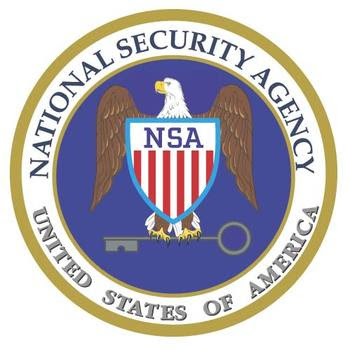
Secret Spying Court Stays Secret, Rejects ACLU Plea Again
By Ryan Singel / August 29, 2008
For the the third time in a year, a secret spying court rejected an ACLU request to let some sunshine pierce its dark curtains of secrecy, ruling late Thursday that national security prohibits publishing even unclassified versions of court documents or allowing non-government lawyers to argue in the court.
The Foreign Intelligence Surveillance Court was reacting to an ACLU petition in July to be part of the court’s review of new wiretapping powers handed to the Administration by Congress in July. Under the new law —known as the FISC Amendments Act — the nation’s spies can order companies like AT&T and Google to help the government drop dragnets into domestic internet and phone facilities to capture all communications suspected to involve at least one foreigner.
Previously, the law said that such wiretaps had to be approved on an individual basis if done inside the U.S., while more lax rules held sway if the govenrment wiretapped such communications outside the U.S. That legality did not stop the Bush Administration, which began a secret spying program after 9/11 that included targeting these kinds of communications.
The ACLU argued that the new law expanded the government’s powers so broadly that the court needed to make exceptions to its ultra-secret hearings that never allow any opposition.
Foreign Intelligence Surveillance Court judge Marya McLaughin dismissed those pleas, saying (.pdf) that there was no right for the public to know about the workings of the court.
The FISC has no tradition of openness, either with respect to its proceedings, its orders or to Government briefings filed with the FISC. […]
Although it is possible to identify some benefits which might flow from public access to Government briefs and FISC orders … any such benefits would be outweighed by the risks to national security created by the potential exposure of the Government’s targeting and minimization procedures.
ACLU attorney Jameel Jaffer expressed frustration, yet again — saying that secrecy should not be wrapped around a new law that affects every American’s privacy.
“The Bush administration says that the new law is necessary to protect the country against terrorism, but there’s nothing in the law that prevents the government from monitoring the communications of innocent Americans,” Jaffer said in a written statement. “The intelligence court should not be deciding important constitutional issues in secret judicial opinions issued after secret hearings at which only the government is permitted to appear.”
The ACLU also wanted to file a brief contesting the constitutionality of the targeting procedures and the law, but McLaughin declined, saying that the group’s analysis would not be helpful since only the government and the court know how the spying works.
The FISC was given a little authority in the new law to oversee the procedures the National Security Agency will use to make sure it does not intentionally target Americans or snag purely domestic communications with its new dragnets. Under the rules, the NSA can’t point the microphone at a particular American to monitor their overseas communications without a court order naming the target, but can monitor all Americans by targeting anyone outside the country using a new blanket order.
The ACLU also asked the court to make the government file unclassified versions of the documents it has to file with the court that describe the dragnets. Other than a yearly accounting of how many surveillance court orders it has granted or denied, little is known of the court and it has only released a handful of decisions in its 30-year history — including three in the last 12 months denying the ACLU’s petitions to open itself up.
The ACLU also filed suit in federal district court to contest the law, which also provides retroactive amnesty for telecoms that helped the government warrantlessly spy on Americans.
Source / Wired
Thanks to Diane Stirling-Stevens / The Rag Blog

















